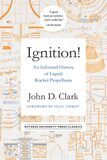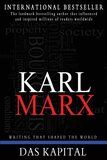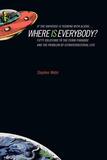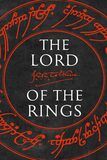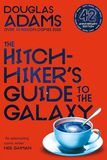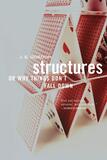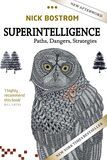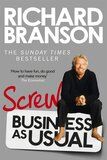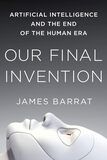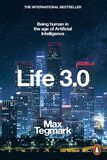Elon Musk Books Recommendation [2025]
Elon Musk, the billionaire entrepreneur and CEO of SpaceX, Tesla, and many more businesses. Musk is a bookworm. He loves to read sci-fi novels, comics, and educational books while growing up. Below is the list of books recommended by Elon Musk:
- Ignition! ( Get this book )
- Das Kapital ( Get this book )
- If The Universe is Teeming With Aliens WHERE IS EVERYBODY? ( Get this book )
- The Lord of the Rings ( Get this book )
- The Hitchhiker’s Guide to the Galaxy ( Get this book )
- Structures ( Get this book )
- Super Intelligence ( Get this book )
- Screw Business As Usual ( Get this book )
- Our Final Invention ( Get this book )
- Life 3.0 ( Get this book )
Let us discuss each of the books recommended by Elon Musk in detail, along with its key takeaways and reviews.
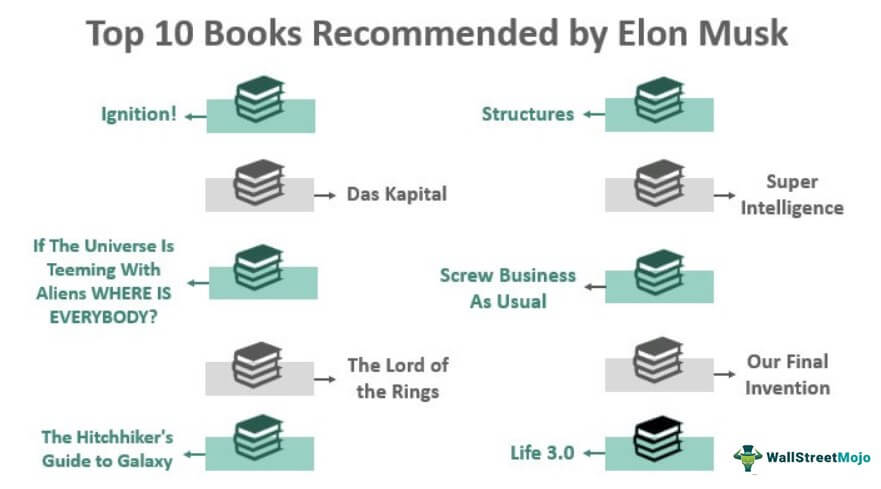
#1 - Ignition!
An Informal History of Liquid Rocket Propellants
By John D. Clark
Book Review:
John, a rocket fuel developer and a science fiction writer, brings insider stories about searching for an appropriate rocket fuel that can take a man into space.
Key Takeaways:
- Explore the search for the right liquid fuel to provide the required thrust to the rocket during the days of the cold war and space competition.
- The scientists had to fight against the laws of nature, like gravity.
- Musk used lessons from Ignition! in his SpaceX Falcon rocket system.
#2 - Das Kapital
By Karl Marx
Book Review:
The book is an acclaimed work by Marx in which he closely analyzes the capitalist mode of production in England. England was an advanced industrial society during his times and highly criticized the capitalist methods.
Key Takeaways:
- Marx elaborates on the relationship between a commodity’s value and social dimension.
- Marx reveals the economic patterns underpinning the capital model of production.
- Wage labor system in the capitalist model.
#3 - If The Universe is Teeming With Aliens, WHERE IS EVERYBODY?
Fifty Solutions to the Fermi Paradox and the Problems of Extra-Terrestrial Life
By Stephen Webb
Book Review:
The book covers simplified explanations and humorous descriptions of diverse topics about space. In addition, the book presents Stephen’s evaluation of the Fermi Paradox (why humans have never contacted aliens if they have an existence.
Key Takeaways:
- A must-read for those who have ever imagined the existence of another intelligent civilization in the galaxy.
- Learn the concepts of the Fermi Paradox and logical evaluations by Webb.
- Webb asks if an extraterrestrial proposition is true, then “where is everybody.’
#4 - The Lord of the Rings
By JRR Tolkien
Book Review:
The novel is an epic high fantasy of three books. A series of movies have also been created based on the book with the same title, “The Lords of the Ring,” with the starting series titled “The Hobbit.”
Key Takeaways:
- Be courageous like Frodo, Gandalf, or Eowyn. Every character was a hero because they all had the most important thing, COURAGE.
- Gold comes behind fellowship and brotherhood. Be social and get yourself out of the rat race.
- Forgiveness does not represent weakness. Mercy resembles strength.
#5 - The Hitchhiker's Guide to the Galaxy
By Douglas Adams
Book Review:
The book is a comedy science fiction trilogy, the first of a five-book series. In the book, a supercomputer found the answer to a meaningful life. In an interview, Elon Musk said that his favorite spaceship from science fiction is the one in the spaceship powered by improbability drive-in ‘Hitchhiker’s Guide to the Galaxy.’
Key Takeaways:
- Find the answer to a meaningful life by supercomputer analysis.
- When Elon Musk launched his Tesla Roadster into space, he said, “Don’t Panic!” which graced the book.
#6 - Structures
Or Why Things Don’t Fall Down
By J.E. Gordon
Book Review:
The book answers people’s basic questions about architectural science, like how suspension bridges hold back and don’t collapse in heavy traffic or why dams don’t break by force of thousands of gallons of water.
Key Takeaways:
- Simplified explanation about basic forces that hold the important structures of the world.
- A must-read for architects and engineers.
- Get to know the interesting stories behind the foundation of the structures.
#7 - Super Intelligence
Paths, Dangers, Strategies
By Nick Bostrom
Book Review:
The author warns the world with the help of his book that the brain of machines must not surpass human brains in general intelligence. Otherwise, machines will start dominating human lifeforms.
Key Takeaways:
- Humans are rapidly heading towards digitalization, and AI is exceeding human capacities.
- Humans need to remain very careful with artificial intelligence.
- Musk also warned against the dangers of unchecked AI and said that “AI is potentially more dangerous than nukes.”
#8 - Screw Business As Usual
Turning Capitalism into a Force for Good
By Richard Branson
Book Review:
The author sarcastically criticizes the methods of capitalism and asks an important question, “Can we bring more meaning to our lives and help change the world at the same time?”
Key Takeaways:
- People should start caring for people and avoid being only profit-centric.
- Keep doing your regular work and share your earnings with society.
#9 - Our Final Invention
Artificial Intelligence and the End of the Human Era
By James Barret
Book Review:
The book is a nonfiction novel discussing the potential benefits and risks of extreme Artificial Intelligence. Potential benefits include effective results limiting human efforts and errors. But, on the other hand, it includes the extermination of the human race.
Key Takeaways:
- The author indicates that the human race may be extinct to invent anything further by titling the final invention.
- He warns very sophisticatedly, AI can empower humans, or it may result in the end of the human era and the beginning of machine ruling.
- Consider the consequences of the unregulated development of AI.
#10 - Life 3.0
Being Human in the Age of Artificial Intelligence
By Max Tegmark
Book Review:
Every scientist and inventor works hard to develop AI systems. Max also discusses AI and its impacts on the life of future generations on Earth and beyond Earth. Max says AI has much potential for humanity. He says that human civilization is moving towards the technological era, which he called “Life 3.0.”
Key Takeaways:
- Human life has three developmental stages. Life 1.0 = biological origins, Life 2.0 = cultural developments in human society. Lastly, Life 3.0 = the technological era of humans.
- The author discusses positive and negative scenarios like friendly AI or human extinction due to AI.
- Max says if the goals of humans align with that of AI, then negative scenarios could be minimized or even avoided.
AMAZON ASSOCIATE DISCLOSURE
WallStreetMojo is a participant in the Amazon Services LLC Associates Program, an affiliate advertising program designed to provide a means for sites to earn advertising fees by advertising and linking to amazon.com.
